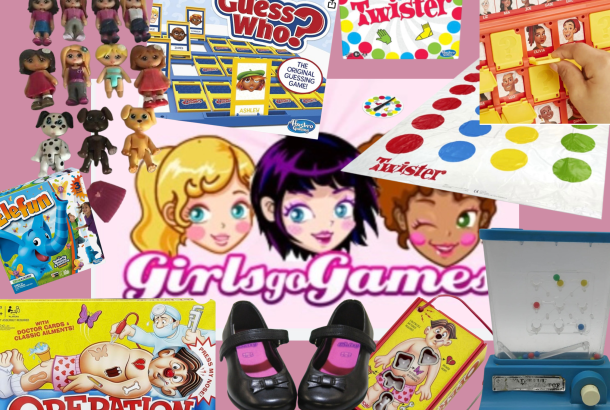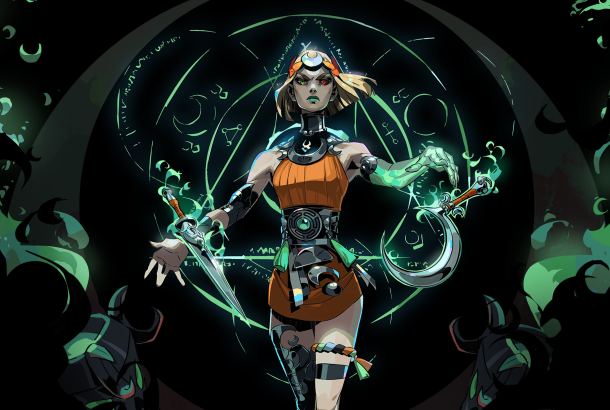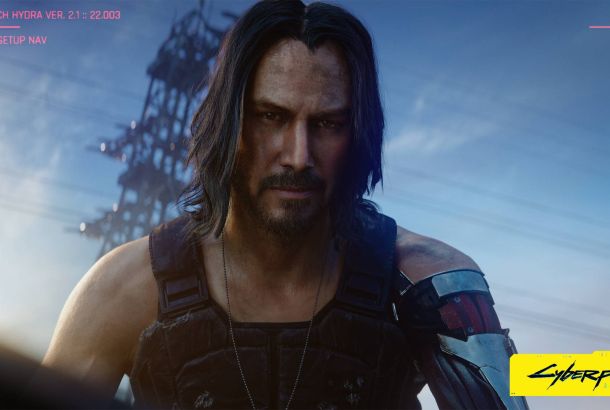It’s 2023 and we still have issues with female representation in games
By Anna Pirie

“But why do women feel they deserve to be represented properly in a medium that’s not for them?”
That agonising question reappears every time discussion arises surrounding female representation in video games. It’s nigh impossible to even broach the subject online, where I have received a flurry of harassment after criticising the misogyny of The Witcher 3: Wild Hunt.
The game often categorises women into the two categories of either being sexually desirable, and thus good, or sexually undesirable, and thus evil – but why bother pointing that out when, as so many men reminded me, it’s a game made to cater to assumedly male players? Ignoring the fact that, of course, women have played The Witcher 3, or the social implications of pushing male players to regard women who don’t cater to them sexually as being inherently evil.
It’s almost redundant to note the lacking (or lack of) female characters in this year’s releases. I enjoyed Spider-Man 2 for what it was, but couldn’t help but notice that the few female characters who did feature in the story were barely anything more than footnotes in the actual events of the story and could easily be written out – an issue I similarly criticised heavily in last year’s God of War: Ragnarök. It’s also worth noting that, given that Aunt May doesn’t feature in this game, the vast majority of Spider-Man 2‘s female characters are almost exclusively love interests for the male heroes to pursue. Because what other role could women serve, of course?
Other releases included the highly acclaimed The Legend of Zelda: Tears of the Kingdom, which may well turn out to be one of my favourite releases this year. Tears of the Kingdom even has a uniquely good story for a Nintendo title, particularly given how middling the story was for the game’s predecessor, Breath of the Wild.
Unfortunately, this story, like other Zelda titles, reduces the titular character to very few actual appearances and a reduced role by comparison to other (often ‘male-er’) characters. Instead of yet another story revolving around rescuing Zelda, Nintendo could instead have actually involved her in the narrative for once, particularly given her supposed newfound desire to personally help in Hyrule’s development.
It’s true that things have improved in recent years, with this year featuring some highlights. Baldur’s Gate 3 famously features a good variety of female characters, including, much to my delight, some seriously muscly, messed-up women for me to fall in love with. Likewise, the Resident Evil 4 remake gives Ashley, the resident damsel-in-distress, some necessary agency and even includes a frightening section of gameplay where the player takes control of her. I can even defend, to an extent, the beefed-up Mary Jane sections in Spider-Man 2, given the obvious thought put into how to make them more compelling, while also increasing her influence on the game itself, small as it is.
Even so, when Alan Wake II (and Forspoken, I guess, although its only real claim to fame is through being mocked on the internet) is the only major release this year with an established female protagonist, there are still some serious problems. Protagonist Saga doesn’t even get the player’s full attention to herself; she’s made to share the spotlight with the titular Alan. Even if female characters are getting major roles – which, to be clear, are still thin on the ground – where are our female protagonists?
There is, of course, an obvious answer to this: the assumed consumer of video games is male. Video games necessarily compel their players to identify with the person they control on the screen – and developers realise the uncomfortable truth that some male players might be made uncomfortable, or even feel emasculated by playing as a female protagonist.
Ever wondered why so many game protagonists are overly gruff, cool men with violent impulses? It’s because developers understand that many male players would enjoy role-playing as characters that they perceive as cooler versions of themselves, depicted in their hypermasculine, shotgun-toting glory. This role-playing should not, of course, include any women, unless those women are romantic objects to pursue in between flexing your idealised muscles and spouting cool one-liners.
So, to answer the question posed above, why should women be represented fairly? Well, there are a lot of answers. The more unsavoury answer is that, given the misogyny within the gaming community, male players should be exposed to decent representations of women. Should women be reduced exclusively to objects of desire and figures of inconsequence, the risk is that men will begin to apply these depictions to how they regard real women.
Secondly, I suspect that a bunch of women would feel more comfortable picking up video games if they felt they saw people who looked like them portrayed fairly within them. Even so – it’s not as if there are no women who play video games! I started relatively young, sat down by my father with a copy of Fable, and it completely spiralled from there – as is true for many other women. Shouldn’t my younger self, playing Tomb Raider with wide eyes because “I get to be a girl in this one!” deserve to feel represented too?







